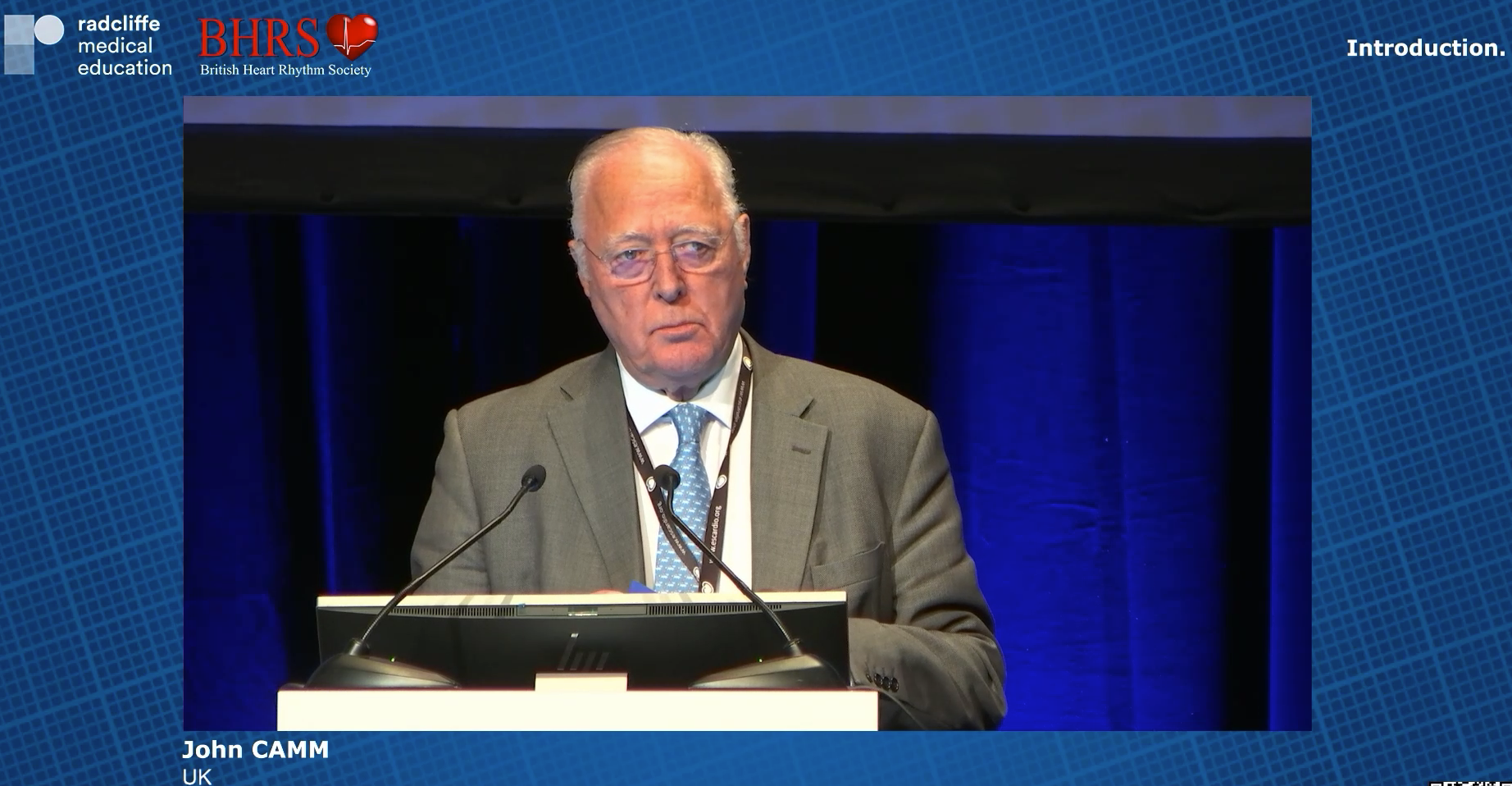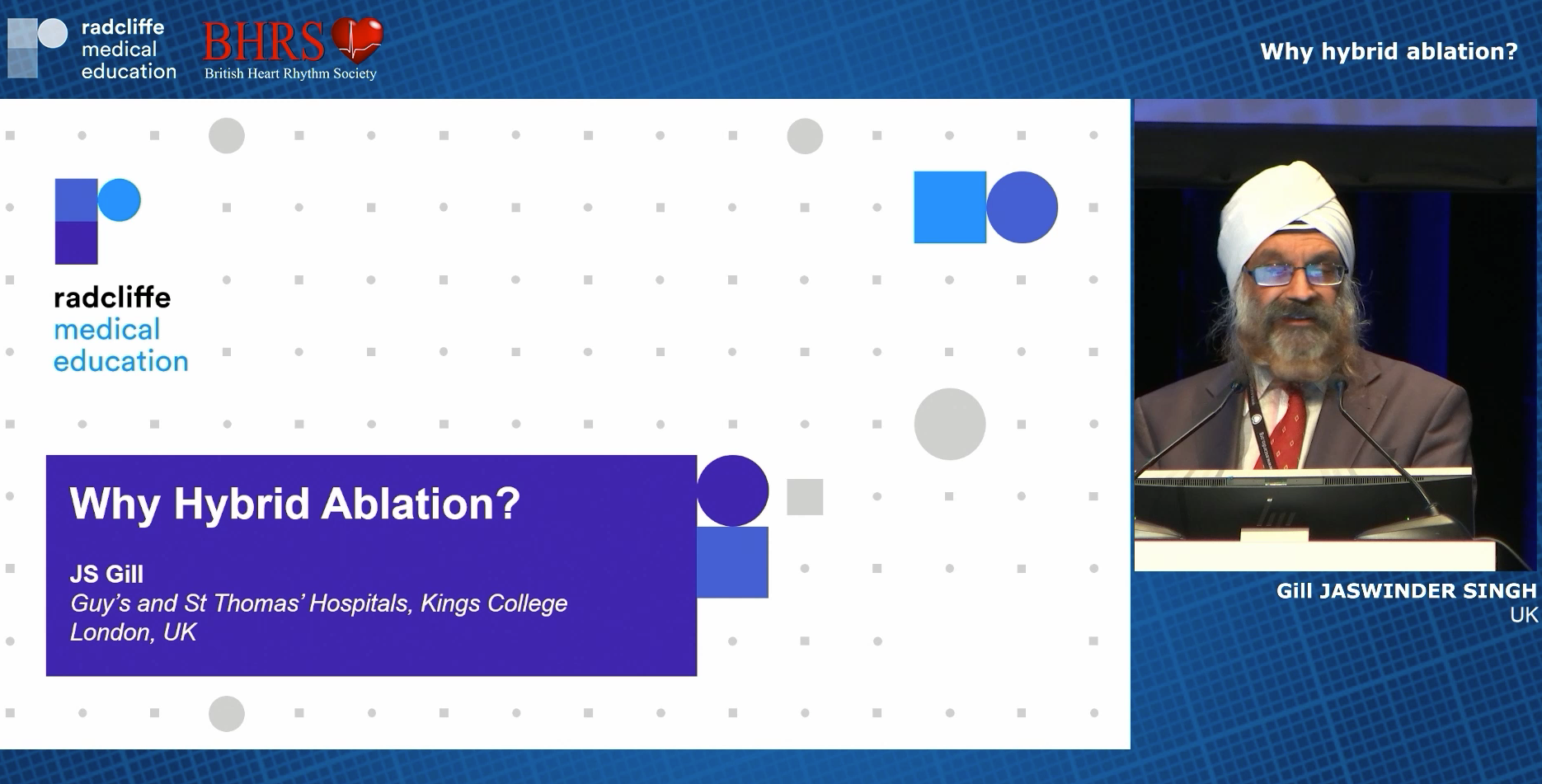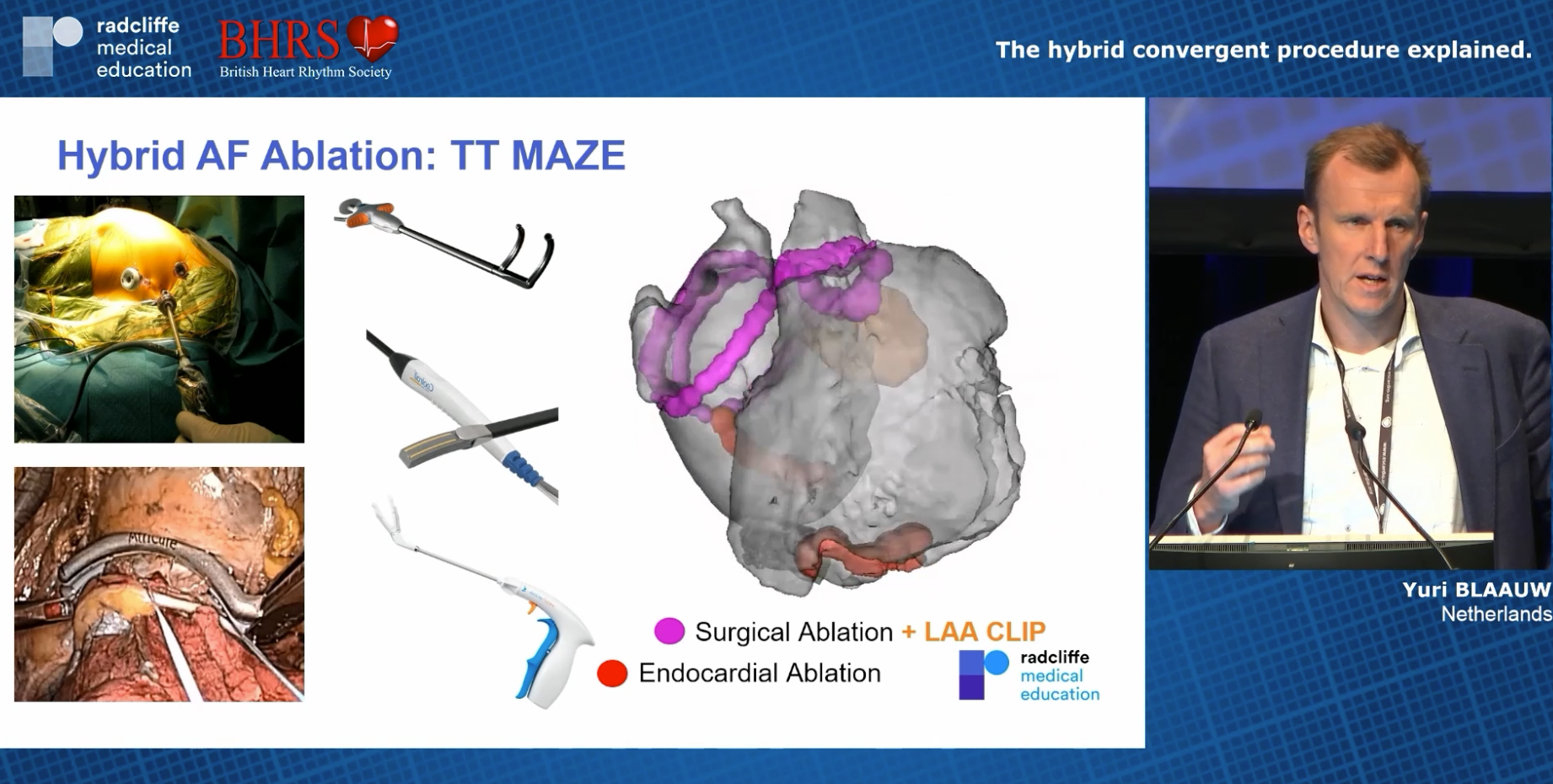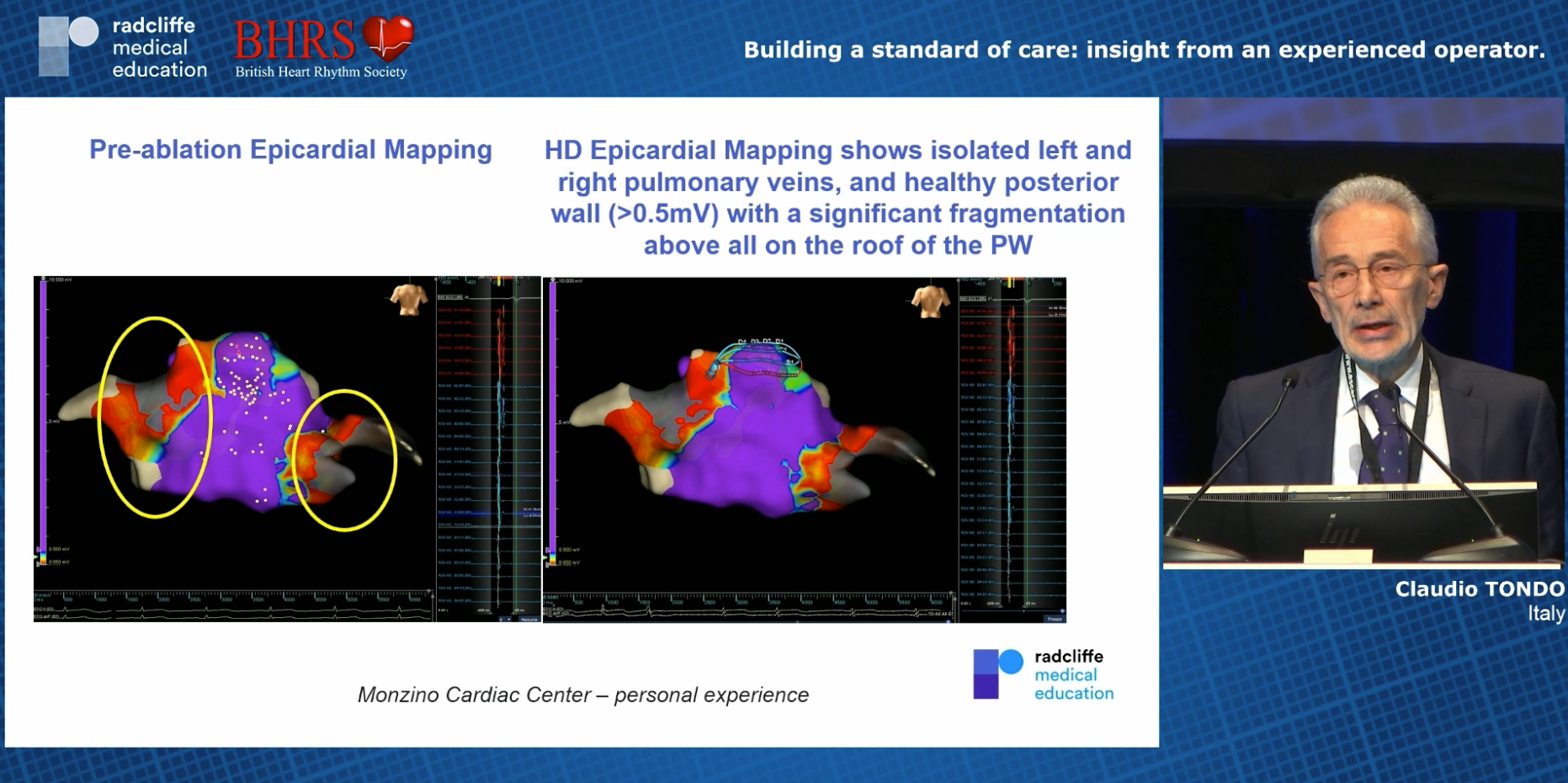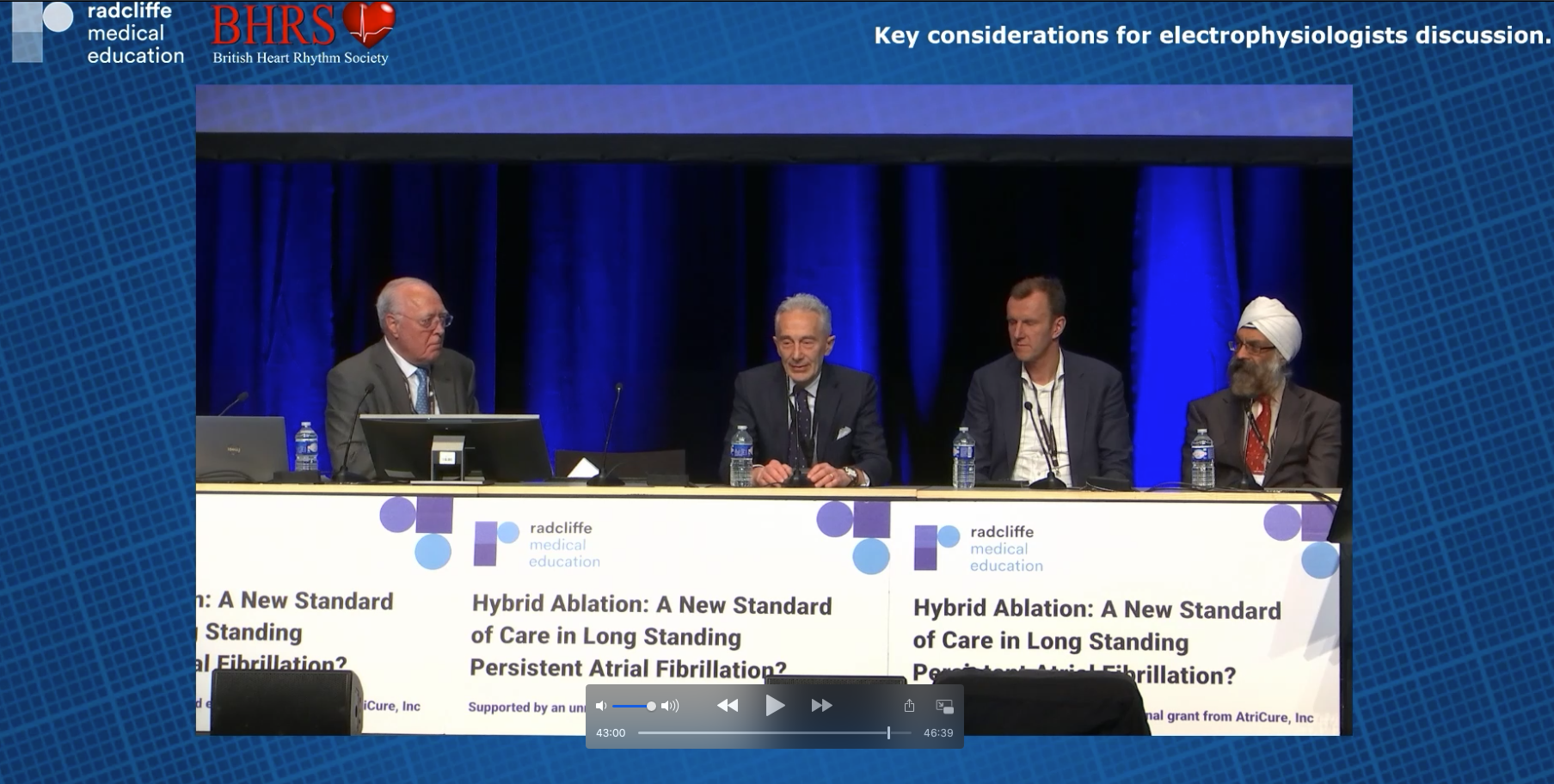Hybrid Ablation: A New Standard of Care in Long Standing Persistent Atrial Fibrillation?
Published: 08 April 2022
-
Views:
 7790
7790
-
Likes:
 7
7
-
Views:
 7790
7790
-
Likes:
 7
7
Overview
The cornerstone of AF is electrical isolation of the pulmonary veins (PV). In patients with non-paroxysmal AF, PV isolation alone is insufficient, and one needs to modify the atrial arrhythmogenic substrate. AF ablation is now a common procedure and mostly performed using a transvenous, endocardial approach with catheters. For patients with persistent AF however, this procedure is not sufficient.
There is a growing movement towards a convergent procedure management strategy, used alongside standard catheterisation techniques to optimise patient outcomes. More and more research suggests that an integrated approach involving multidisciplinary teams (of electrophysiologists and surgeons) may lead to improved success rates and increased patient satisfaction.
This programme, first presented at EHRA 2022, brings together thought-leaders from across Europe to discuss the role of hybrid ablation in treating long-standing persistent AF. Moderator, Prof John Camm (St George’s University of London, UK) leads the faculty to explore the need for the hybrid approach, the science supporting its implementation and insights from experienced practitioners.
Note, the live version of the programme was CME-accredited, this on-demand version is not.
Learning Objectives
- Describe the fundamental steps in hybrid ablation
- Recall the clinical outcomes from randomised controlled trials and real-world data supporting the use of hybrid ablation in persistent AF
- Select ideal patient candidates for hybrid ablation
- Consider the existing equipment and skill requirements for successful hybrid ablation
Audience
- Electrophysiologists
- General cardiologists
- Allied health professionals engaged in the treatment of persistent AF
More from this programme
Part 1
Introduction
| 1 session | |
| Introduction | Watch now |
Part 2
Why Hybrid Ablation?
| 1 session | |
| Why Hybrid Ablation? | Watch now |
Part 3
The Hybrid Convergent Procedure Explained
Part 4
Building a Standard of Care: Insight From an Experienced Operator
Part 5
Key Considerations for Electrophysiologists, and Close
Faculty Biographies
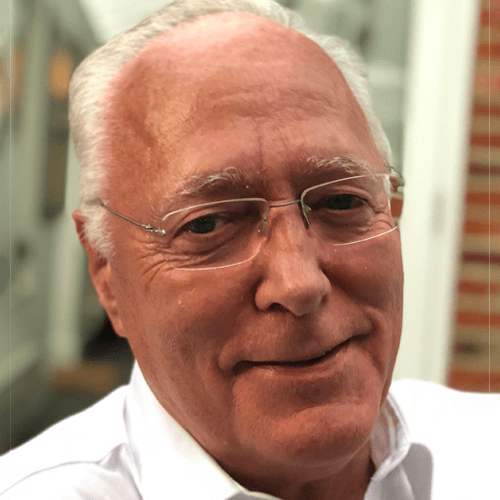
A John Camm
Professor of Clinical Cardiology
John Camm is British Heart Foundation Professor of Clinical Cardiology (Emeritus) at St George’s University of London, London, UK. His interests include cardiac arrhythmias, atrial fibrillation, stroke prevention, and anticoagulation.
Prof Camm is Editor of the European Society of Cardiology Textbook of Cardiovascular Medicine and ESC CardioMed, Electrophysiology of the Heart, Clinical Cardiology and Evidence Based Cardiology. He has written or edited more than 40 books, predominantly in the field of cardiac arrhythmology. He has authored or co-authored more than 1450 peer reviewed papers, more than 500 book chapters, and in excess of 2500 accepted abstracts. He has delivered more than 1000 international lectures.
Prof Camm has been involved in the production of numerous guidelines, including the ESC guidelines for the management of atrial fibrillation.
Prof Camm is a member of the Arrhythmia …
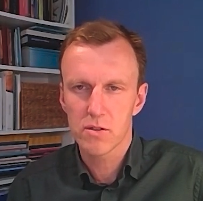
Yuri Blaauw
University Medical Center Groningen, Groningen, The Netherlands
Dr Yuri Blaauw is an Electrophysiologist at the University Medical Center Groningen, Groningen, The Netherlands.
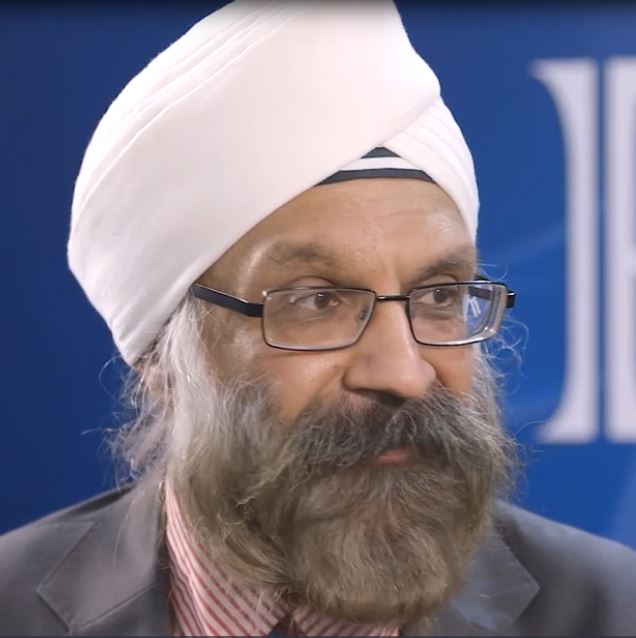
Jaswinder Gill
Consultant Cardiologist
Dr Jaswinder Singh Gill qualified from Cambridge University in 1979 and was appointed Consultant Cardiologist to Guy’s & St Thomas’ NHS Trust in 1995.
Dr Gill has set up the electrophysiology unit and arrhythmia services for Guy’s & St Thomas’ NHS Trust. His special interests are in the treatment of arrhythmias including radio frequency ablation and the implantation of pacemakers and defibrillators.
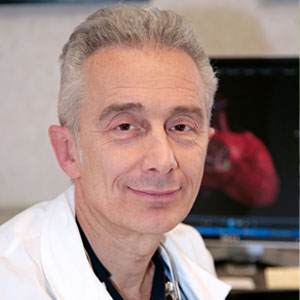
Claudio Tondo
Director
Dr Claudio Tondo is the Chairman of the Heart Rhythm centre at Centro Cardiologico, University of Milan, Italy. Dr Tondo's interests range from clinical aspects of arrhythmias to genetics.








